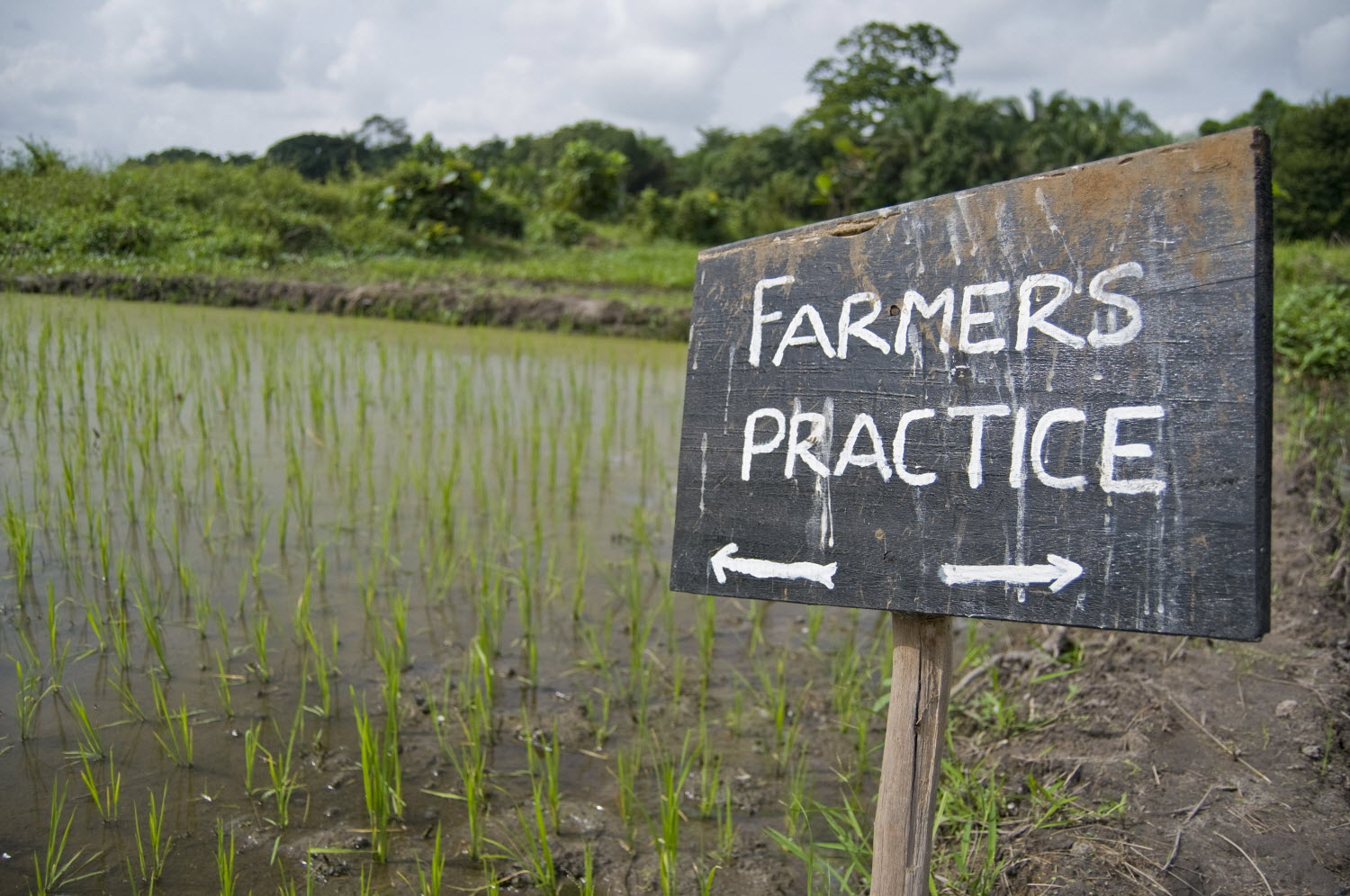
One Health and agroecology for agrifood system transformation
Agroecology and One Health are two holistic approaches to agriculture and human health that are gaining increasing attention. Agroecology is a holistic approach to agriculture that focuses on working with nature to produce food in a sustainable way. One Health is a holistic approach to health that recognizes the interconnectedness of human, animal, and plant health.
Agroecology and One Health are complementary approaches to achieving a world where everyone has access to safe and nutritious food while protecting the environment. FAO is working to promote agroecology and One Health through its programmes and initiatives, and to support countries in adopting these approaches.
What is agroecology?
Agroecology is a holistic and integrated approach that simultaneously applies ecological and social concepts and principles to the design and management of sustainable agriculture and food systems. It seeks to optimize the interactions between plants, animals, humans and the environment while also addressing the need for socially equitable food systems within which people can exercise choice over what they eat and how and where it is produced. Agroecology is concurrently a science, a set of practices and a social movement and has evolved as a concept over recent decades to expand in scope from a focus on fields and farms to encompass the entirety of agriculture and food systems. It now represents a transdisciplinary field that includes the ecological, socio-cultural, technological, economic and political dimensions of food systems, from production to consumption.
What is One Health?
One Health is a holistic approach to health that recognizes the interconnectedness of human, animal, and plant health. One Health recognizes that diseases can spread between animals and humans, and that the health of the environment plays a role in human and animal health. One Health seeks to promote health by integrating human, animal, and plant health surveillance, prevention, and control.

Complementary approaches
Agroecology and One Health are complementary approaches to achieving sustainable food production. Agroecology can help to support One Health by:
- Reducing the use of pesticides herbicides and antibiotics which can pollute the environment and contribute to antimicrobial resistance.
- Promoting biodiversity and plant and animal health, which prevent the risk of diseases including zooning disease that can spread between animals and humans and helps to make agro-ecosystems more resilient to pests and diseases.
- Improving soil health, which helps to produce nutrient-rich food and reduce the risk of water pollution.
- Empowering farmers and rural communities to manage their own food systems, which can lead to better health outcomes.
One Health can support agroecology by:
- Including agroecology as the agrifood system component of the One Health action plan to support the agroecological transition at farm and consumer levels.
- Supporting research and development on agroecological practices that promote human, animal, and plant health.
- Raising awareness of the positive multidimensional impacts of agroecology including for human health, and push the agroecology agenda among policymakers.
